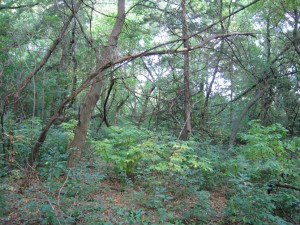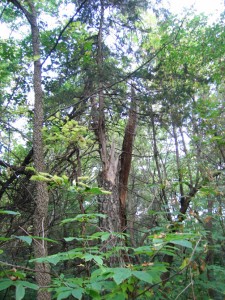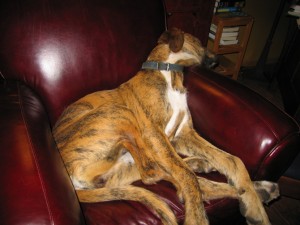Imbolc Cold Moon
Reorganizing my fragmented collection of images. I have a method, it works, but there are a whole lot of images. This may take a very long time. Worth it in the end though because I will have a well organized image resource, collected by me and easily usable.
Watched Wim Wender’s “The End of Violence” last night. Kate likes her narrative served straight up with no sides. This film had oblique angels and sudden turns. She wasn’t crazy about it, but I liked it. It was an early post-modern film. A film about a film about violence in which the resolution of the film destroys the protagonist’s career and liberates him at the same time. Clever, beautiful. Well acted. Bill Pullman. Andie MacDowell. Gabriel Byrne.
Looks like the critics on Rotten Tomatoes agreed with Kate for the most part. I write these critiques before I look up the reviews on Rotten Tomatoes. Sort of like translating Latin before checking with an English version.
I’m in full inside mode at the moment, not moving outside for much though I do plan to visit the grocery store this afternoon. Cold. And our furnace is out. Fortunately I have my own gas stove in the study. Centerpoint is coming today. Could be the end for the furnace; it’s 18 years old and their life-span is 15-20 years. Sigh.


 Summer New (Grandchildren) Moon
Summer New (Grandchildren) Moon and other life forms will, perhaps, know no difference. If fact, if the house became abandoned, many of them would find a use for it as shelter, as a place to raise their families, perhaps as a source of food.
and other life forms will, perhaps, know no difference. If fact, if the house became abandoned, many of them would find a use for it as shelter, as a place to raise their families, perhaps as a source of food.
